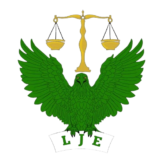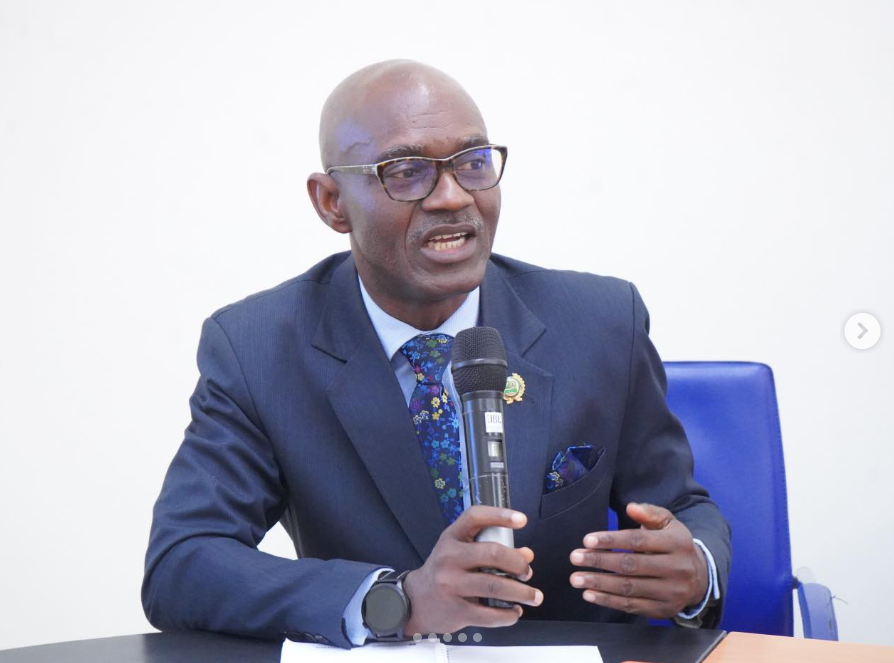A test of Nigeria’s anti-corruption resolve
The conviction of Garuba Duku, a retired Director of Finance and Administration at the Abuja Metropolitan Management Council (AMMC), has sent ripples across the civil service.
Duku’s fall from grace serves as a stark reminder that corruption, no matter how long buried, can still catch up with its architects. The Federal High Court in Abuja, presided over by Justice James Omotosho, handed him a 24-year prison sentence after finding him guilty of six counts bordering on fraud and money laundering involving ₦318 million.
The case, prosecuted by the Independent Corrupt Practices and Other Related Offences Commission (ICPC), exposed how public funds meant for administrative projects were diverted for personal use through a web of fictitious accounts and inflated contracts.
According to court filings, investigators traced multiple transactions showing funds moved in phases between government accounts and private entities linked to the accused.
Corruption and the Governance Crisis
While the conviction represents a significant win for Nigeria’s anti-corruption agencies, it also highlights the deep-rooted governance challenges that have defined the public service for decades.
Analysts say the case reflects the failure of internal financial controls, where oversight mechanisms are either compromised or non-existent.
In many ministries and agencies, procurement processes remain opaque, allowing for manipulation of contract awards, ghost projects, and inflated budgets.
This has not only drained the national treasury but also weakened public confidence in institutions meant to serve citizens.
Public accountability advocate Dr. Aisha Aluko notes that convictions like Duku’s are “just the visible tip of an iceberg,” arguing that for every prosecuted case, “dozens more remain buried under political influence or administrative complacency.”
She adds that corruption thrives where “systems rely on personalities rather than principles,” calling for structural reform rather than occasional punishment.
A Symbolic Win, but Not the War
The ICPC’s success in securing a conviction is commendable, but it underscores a sobering truth — systemic corruption remains largely undeterred.
Despite having multiple anti-graft agencies — including the EFCC, ICPC, and the Code of Conduct Bureau — Nigeria still ranks poorly on global transparency indexes.
Critics point out that most convictions involve mid-level or retired officials, while politically connected figures often evade justice. This selective accountability weakens deterrence and fuels public cynicism about the sincerity of the anti-corruption crusade.
Moreover, the lengthy judicial process discourages whistleblowers and witnesses from stepping forward.
According to a report by Transparency International Nigeria, over 60% of corruption cases filed between 2015 and 2022 are still pending in court, bogged down by adjournments, poor investigation, or lack of evidence.
Until these bottlenecks are addressed, justice will remain slow, and impunity will continue to thrive.
What Nigerians Are Saying
Reactions to Duku’s sentencing have been mixed. On social media, some hailed the judgment as a victory for the rule of law, praising the ICPC for “seeing the case through despite institutional resistance.”
Others, however, dismissed it as “a show trial,” noting that only sustained reforms — not occasional convictions — can truly change Nigeria’s corruption story.
In Abuja’s civil service circles, the judgment has sparked unease. Some retired officials have quietly begun auditing their own financial records in fear of renewed scrutiny under the government’s evolving anti-corruption policy.
The Path Ahead
For Nigeria to make lasting progress, experts insist on shifting focus from reactive prosecutions to preventive governance.
This means digitizing public financial transactions, strengthening internal audit departments, and enforcing real-time transparency tools that make it nearly impossible to divert funds without detection.
Public ethics must also be prioritized. Recruitment and promotion within the civil service should be based on competence and integrity, not patronage.
Equally, the protection of whistleblowers and investigative journalists must become a national priority if corruption is to be confronted from all sides.
As Duku begins his 24-year sentence, the bigger question remains:
Will his punishment serve as a deterrent, or just another headline in Nigeria’s endless fight against corruption?
Real progress will depend on whether the system that created him — one of weak oversight, political interference, and administrative impunity — is finally reformed.
Only then can justice evolve from being an exception to becoming a national culture.

